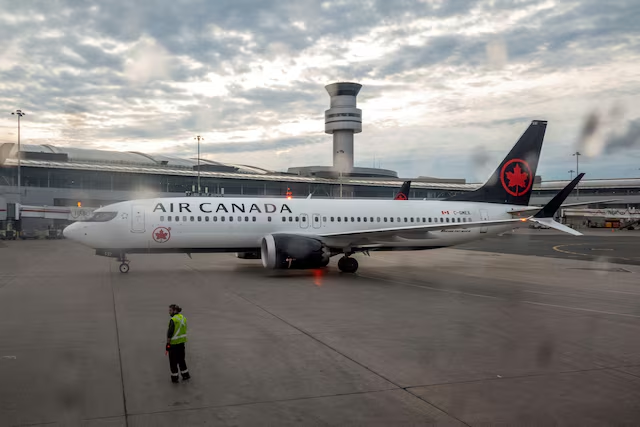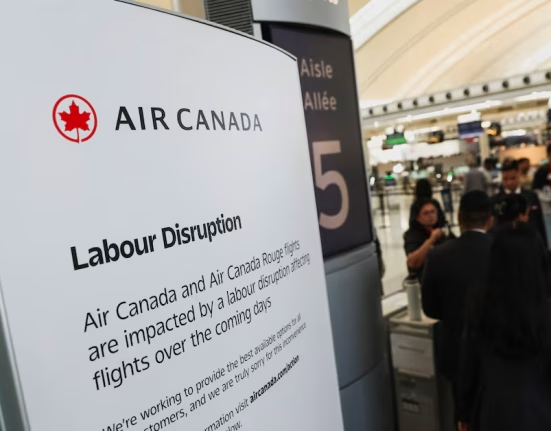TORONTO, CANADA
Labour tensions have reached a boiling point at Canada’s flagship carrier as flight attendants with Air Canada have issued a 72-hour strike notice, signaling their readiness to down tools if ongoing negotiations over improved wages and working conditions fail to produce a satisfactory agreement.
The looming industrial action, which could disrupt domestic and international flight operations, was confirmed by the Canadian Union of Public Employees (CUPE), representing over 9,000 flight attendants at the airline. The union stated that the strike deadline was triggered after months of stalled discussions with the airline’s management, who have yet to present what workers deem a fair and competitive compensation package.
According to updates monitored, North America Labour Watch Desk, the union is demanding significant adjustments to salaries, improved scheduling practices, and enhanced protections for cabin crew amid increasing workloads and rising inflation. CUPE maintains that its members have continued to work under challenging conditions, particularly during the post-pandemic recovery period, without commensurate improvements in their remuneration.
Air Canada, in response, has expressed hope that a resolution can be reached before the strike deadline lapses, assuring passengers that contingency plans are being explored to mitigate disruptions. However, the airline also acknowledged the seriousness of the situation and the potential for widespread impact if the union proceeds with its industrial action.
Labour experts warn that a strike by flight attendants could paralyse a significant portion of Canada’s air travel network, especially during the busy summer travel season. While both parties have agreed to return to the bargaining table under federal mediation, the clock is ticking as the 72-hour countdown began late Tuesday.
The development comes amid a broader wave of labour unrest in North America’s transport sector, as airline staff, port workers, and rail employees push back against rising corporate profits that have not translated into better pay or working conditions. For now, all eyes are on the negotiating room, where the next 72 hours could determine whether Canada’s skies remain open, or grounded, in the days ahead.


